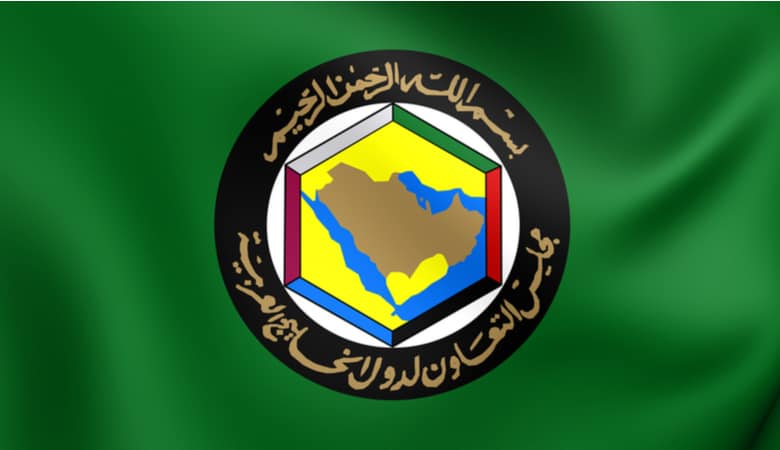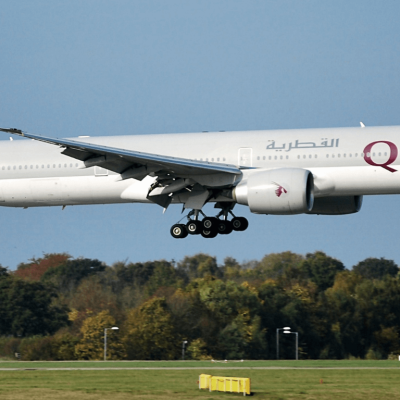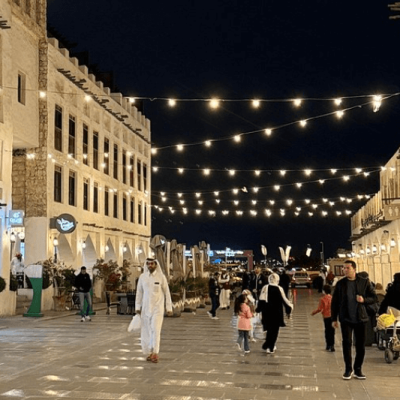Qatari boycott in retrospect: What GCC should consider before lifting the embargo

Qatar’s boycott with the neighbouring Arab nations has entered fourth year, and with no end in sight, hopes for a quick resolution to the Middle East crisis are rising but the unwavering diplomatic row present a different scenario. On June 5, 2017, the allies of Saudi Arabia cut political and economic ties with Qatar, along with blocking air and land transport to Qatar by closing their borders. Gulf Cooperation Council, took an extreme measure to pressurise Qatar unbrace its ties with extremist groups including Muslim Brotherhood, Taliban, AlQaeda, Houthis and halt illegal activities including money laundering, human trafficking and destabilising the Middle East.
In response to the isolation, Qatar reworked its foreign policy to form new allies and strengthened diplomatic ties with Turkey and Iran, nations with the history of supporting radical Islamist ideology and gaining regional supremacy by fueling conflicts.
In 2012, An American photojournalist, who was kidnapped and tortured by a Syrian terror group sued Qatar Islamic Bank for allegedly funding it. The lawsuit unveiled Qatar’s poor record on terror finance and how the regime used Qatar Charity as a channel to fund terrorism.
In 2014, then-US Treasury Under-Secretary for Terrorism and Financial Intelligence David Cohen noted: “Qatar, a long-time US ally, has for many years openly financed Hamas, a group that continues to undermine regional stability. Press reports indicate that the Qatari government is also supporting extremist groups operating in Syria.”
In 2016, Adam Szubin, who replaced Cohen, noted Doha lacked “the necessary political will and capacity to effectively enforce their counter-terrorism finance laws against all terrorist financing threats”.
Qatar’s relentless support for terrorism led to its regional isolation. In order to resolve the crisis, in June 2017, the Arab Quartet issued 13 demands for Qatar, including cutting ties with terror groups and Iran;shutting Turkish military base; closing Al Jazeera, the Qatar-owned media; re-aligningits political and foreign policies towards maintaining regional peace and allowing monitoring for 12 years to ensure compliance. As Qatar rejected the group’s demands, in late July 2017, Saudi Arabia and its allies toned down its conditions and asked Qatar to take action against some 18 alleged extremist individuals and groups. The list was later expanded to include about 90 names. In response to that on August 24, 2017 Doha announced that it would “strengthen bilateral relations with the Islamic Republic of Iran in all fields.”
Interestingly, instead of resolving the matter, and addressing the issue through negotiations, Qatari Emir, Sheikh Tamim went ahead to test his might, money and manoeuvring skills. Qatari Royal spent the first year of the boycott making tours around the world to establish his position and prove his presence among the diplomatic and political milieu. It brought him attention, but no support.
In 2019, Qatar’s emir declined an invitation by Saudi Arabia to attend a Gulf Cooperation Council (GCC) summit in Riyadh, and instead sent then-prime minister Abdullah bin Nasser bin Khalifa Al-Thani. Analyst believed that Sheikh Tamim’s presence might have led to rebuilding of negotiation among the rival nations.
In February 2020, Doha’s Foreign Minister, Sheikh Mohammed bin Abdulrahman Al Thani, said that the country “remains open if there are any benign efforts to resolve the issue.” GCC should measure Qatar’s readiness for resuming resolution talks, through the lens of intent. With the slump in the global economy triggered by the coronavirus pandemic and crashing oil and aviation industry, Qatar needs GCC more than GCC needs it. Besides, over the course of the political and economic embargo, instead of reducing its terror associations, Qatar began financing mosques to spread extremism abroad and even funded forces to corrupt American and Italian education system by infusing them with latent extremist propaganda.
Qatar’s Foreign Minister, told Reuters in December that there had been “small progress,” with regard reconciliation talks but his country would “not make any concessions that will affect our sovereignty and interfere with our domestic or foreign policy.” But he did not give clarity for his nation’s foreign policy being inclined towards terrorism and extremism rather than peaceful diplomacy.




